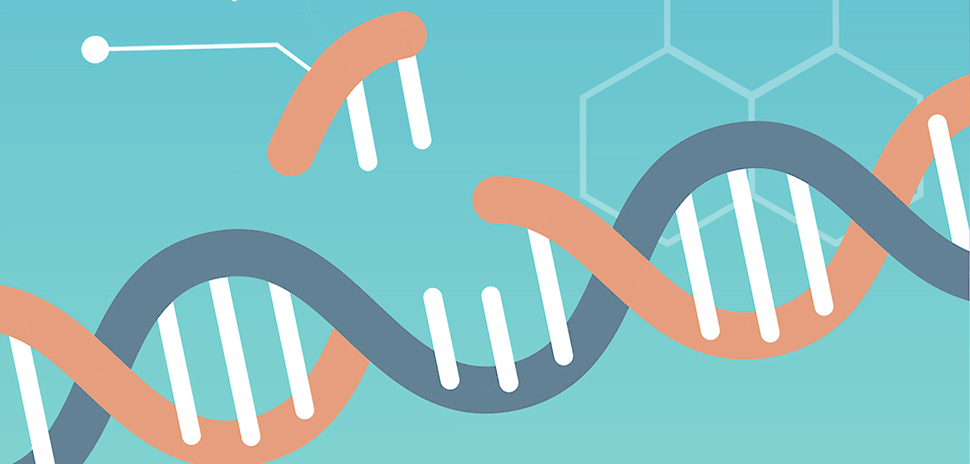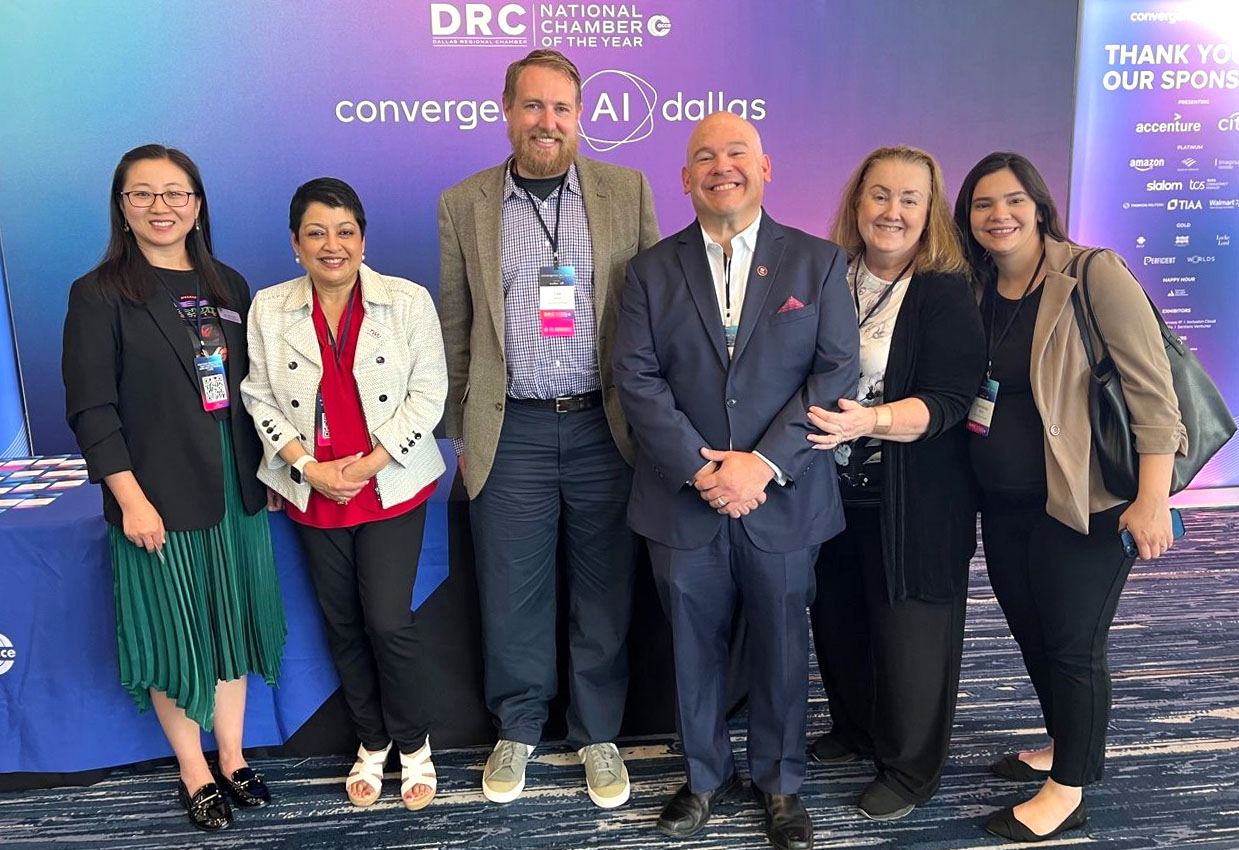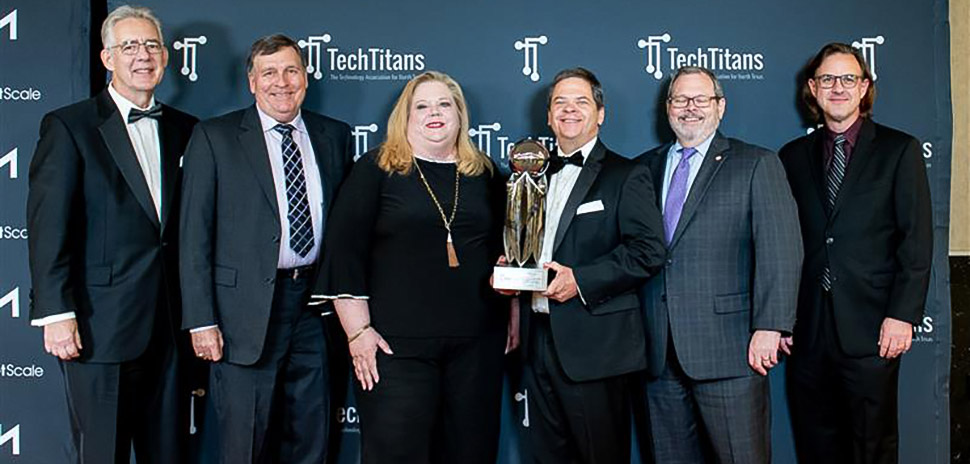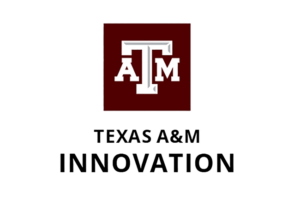Exonics Therapeutics, a Massachusetts-based biotech company that uses technology licensed from UT Southwestern Medical Center in Dallas, is being acquired by Vertex Pharmaceuticals in a deal roughly valued at $1 billion.
The acquisition of Exonics Therapeutics is part of a potentially $2 billion expansion of Vertex’s presence in gene editing that also includes spending $1.175 billion to expand a 3-year-old, potentially $2.5 billion-plus collaboration with the Swiss firm CRISPR Therapeutics that Boston-based Vertex said has resulted in the first clinical trial of a gene-editing therapy candidate sponsored by a U.S. company.
The deals are intended to enable Vertex to develop novel treatments for Duchenne Muscular Dystrophy (DMD) and Myotonic Dystrophy Type 1 (DM1), according to a release.
Exonics uses SingleCutCRISPR gene-editing tech

Eric Olson of UT Southwestern [Photo: Courtesy of UT Southwestern]
Based in Watertown, Massachesetts, Exonics utilizes its SingleCutCRISPR gene-editing technology to develop treatments by repairing mutations that cause DMD and other genetic neuromuscular diseases, the release said. It was launched in February 2017 to advance the research of its co-founder and chief science adviser Eric Olson, Ph.D., and his laboratory at the UT Southwestern Medical Center, from which the company licenses the technology.
Olson is a professor and chair of the department of molecular biology at UT Southwestern.
“DMD and DM1 are devastating muscle diseases with no curative therapies available,” Olson said. “Vertex has a proven track record of developing important therapies for serious diseases, and we are excited to combine our efforts to potentially develop a safe and efficacious one-time treatment for severe neuromuscular diseases.”
“DMD and DM1 are devastating muscle diseases with no curative therapies available.”
Eric Olson
In October last year, he published a study in Science that showed a 50-percent increase of dystrophin in skeletal muscle and a 90-percent increase in the hearts of the canine model, according to the release.
In multiple small and large animal Duchenne Muscular Dystrophy preclinical models, Exonics used SingleCut CRISPR to genetically repair and restore dystrophin in children with DMD, according to the release.
Gene editing is a group of technologies that allow scientists to change an organism’s DNA. CRISPR technology is a tool for editing genomes, allowing scientists to alter DNA sequences and modify gene function.
Exonics said that its gene-editing technology uses a cell’s natural mechanisms for gene repair to induce a normal express of dystrophin. The single-cut approach makes a minimum genomic modification, Exonics said, at a precise location. The tech targets precise cell types to repair skeletal muscle, cardiac tissue, and the diaphragm, Exonics said.
Its single-administration has a durable effect and treats the underlying cause of neuromuscular genetic diseases, Exonics said.
Last year, we told you about how UT Southwestern had developed a CRISPR gene-editing technique that could correct most of the 3,000 mutations that cause DMD, a rare delay condition caused by defects in the dystrophin gene. At the time, Olson called the development “a significant step.”
Vertex said that Olson will continue as Exonics’ chief science advisor and will provide oversight and guidance on the research and development of transformative gene-editing therapies.
Vertex to acquiring all outstanding Exonics shares
Vertex said it has agreed to acquire all outstanding shares of Exonics, which will become a separate wholly-owned subsidiary of Vertex.
It said that Exonics equity holders will be eligible to receive roughly $1 billion, including $245 million upfront and then potential future payments tied mostly to achieving development and regulatory milestones for the DMD and DM1 programs.
“These transactions are highly aligned with our strategy of investing in scientific innovation to create transformative medicines for people with serious diseases,” Vertex Chairman, President and CEO Jeffrey Leiden, MD, PhD, said in the release.
The deal is expected to close in the third quarter of this year, the companies said in the release.
“The Duchenne community needs novel approaches to treat and cure this devastating disease, and Exonics’ technology has the potential to dramatically improve the lives of Duchenne patients,” Debra Miller, CEO and founder of CureDuchenne, a co-founder with Olson of Exonics that provided initial seed funding for the startup.
CureDuchenne has leveraged over $1.5 billion from follow-on investments and has completed five successful investment exits since its founding in 2003.
It has used a venture philanthropy business model of funding early-stage science to further promising Duchenne research projects, the release said.
Vertex said it will expand its partnership with CRISPR Therapeutics to develop gene therapy-based treatments, with the companies entering into an exclusive licensing agreement to discover and develop gene-editing therapies for the treatment of DMD and DM1.
Olson is a highly recognized and honored member of UT Southwestern’s faculty. In 2016, Olson was recognized with the Eugen Braunwald Academic Mentorship Award for his mentoring prowess. The award is one of the highest honors present by the Dallas-based American Heart Association.
![]()
Get on the list.
Dallas Innovates, every day.
Sign up to keep your eye on what’s new and next in Dallas-Fort Worth, every day.






































































